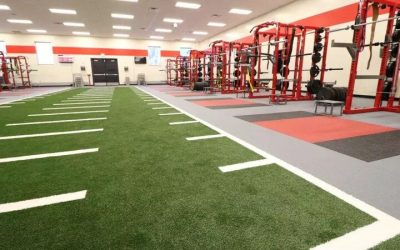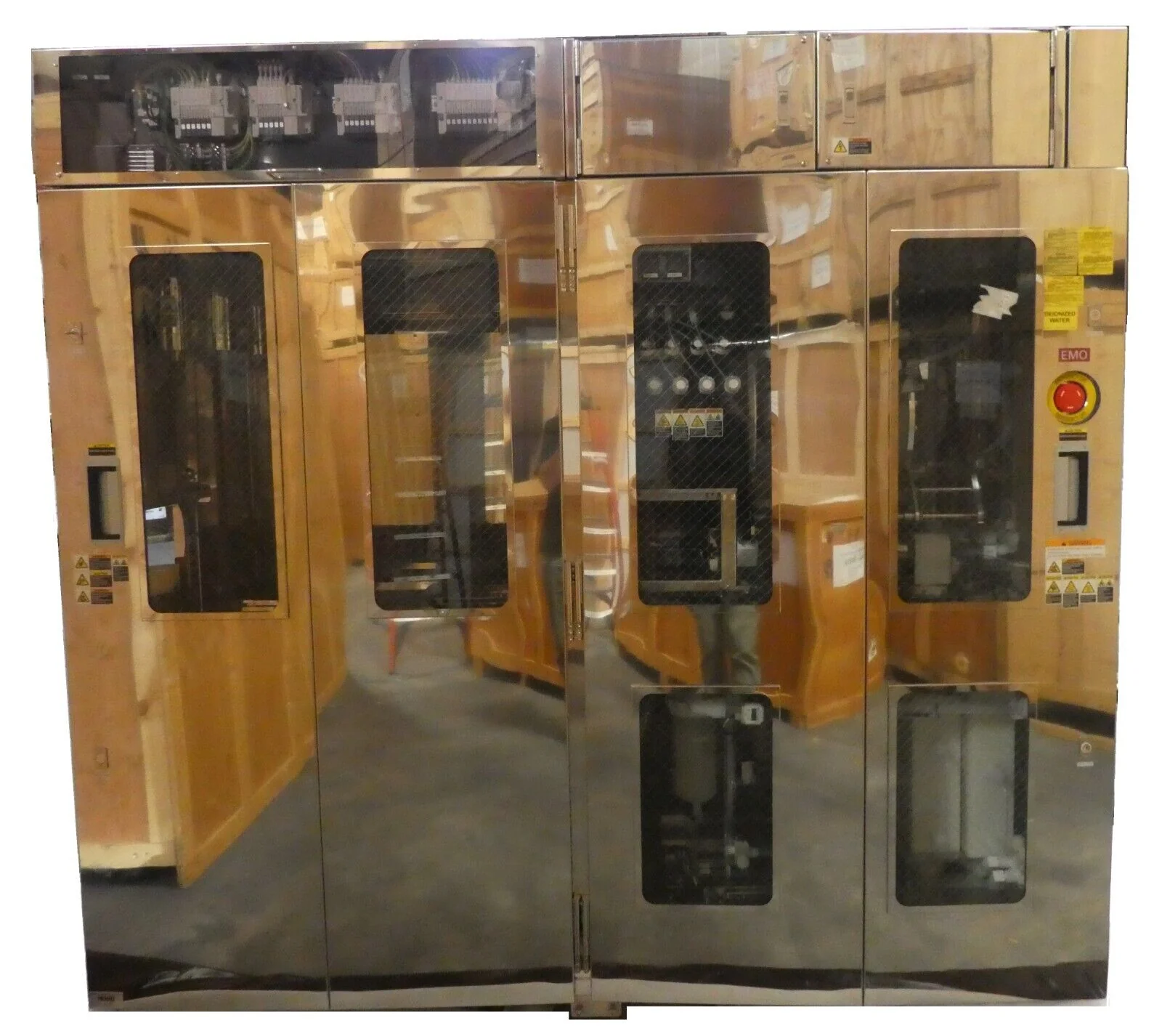In any type of system where liquids, gases, steam, slurries or even gels move through a system, valves are used to not only control the rate of flow but also to prevent backflow and allow the option to redirect the movement of the media.
Each type of system requirement will be met by one or more different options in industrial valves, working with approved valve distributors allows the contractor to tap into the expertise and experience of the distributor to find the ideal valve for the job.
Getting the right valves starts with having the basic information available for the valve distributors. Additionally, it may also mean talking to more than one supplier to find the company that has the on-hand inventory, pricing, and solutions that meet all the requirements of the job.
Type of System
The various types of valves will need to be carefully selected based on the media as well as the system specifics. For example, valves will be different if it is a high or a low operating pressure system. It will also be important to know if the media is a pure liquid or if it is a slurry or highly viscous material.
Valve Requirement
Understand the function of the valve will also be essential for valve distributors to be able to make the best recommendations. A ball valve may be the best option when all that is required is to allow the media to flow or to stop the media moving through the system.
Check valves will be critical if the media are only to flow one way, whereas control valves can be used to sense and automatically adjust based on several different parameters. The type of system technology and signaling will also be important factors to know before talking to valve experts.



